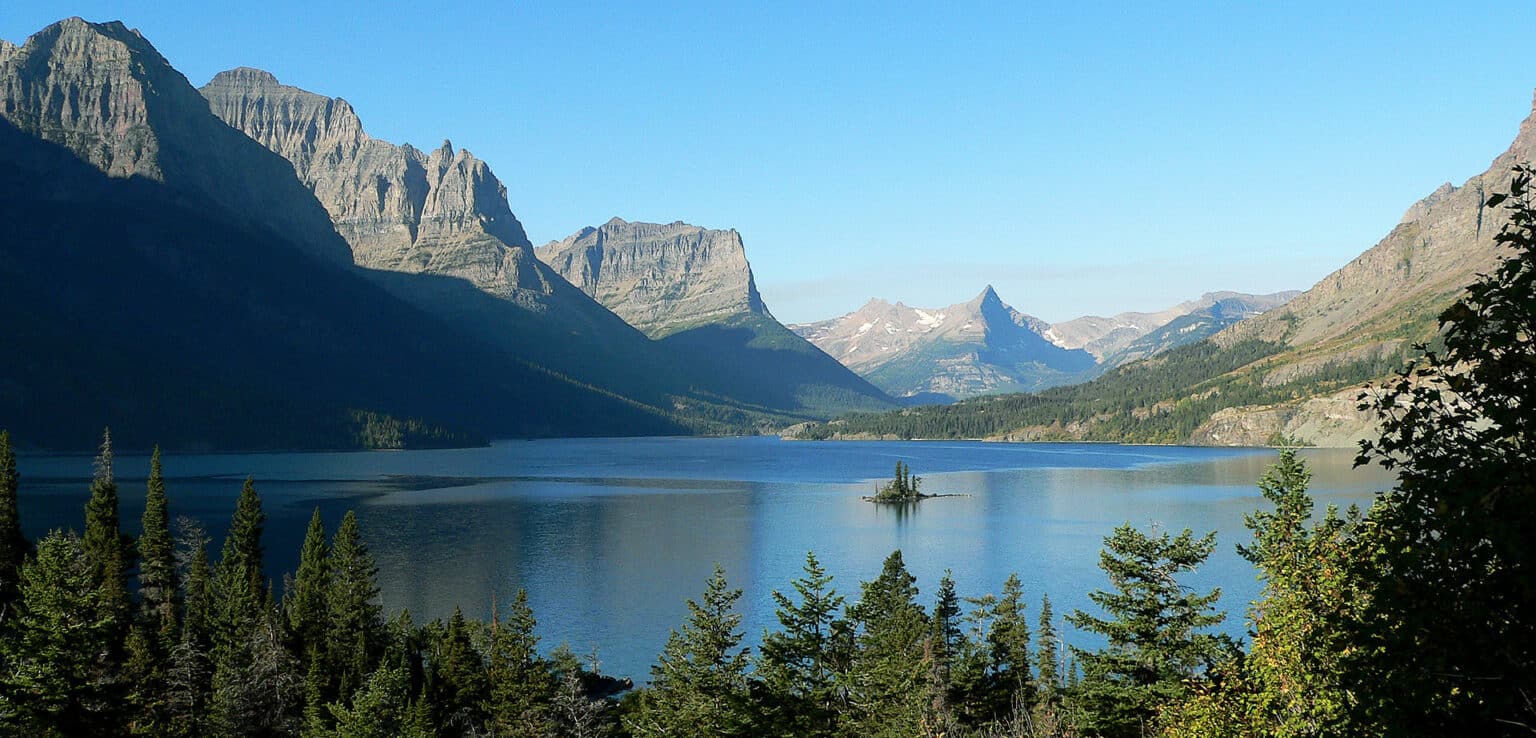A group of 16 Montanans, ranging in age from 5 to 22, won a major climate change lawsuit by arguing their state failed to protect their right to a clean environment.
The ruling in the First Judicial District Court in Lewis and Clark County found that by promoting the continued use of fossil fuels, the state government had violated a provision in Montana’s Environmental Policy Act.
Judge Kathy Seeley found that the provision in the state’s law preventing the consideration of environmental impacts of energy projects was unconstitutional.
The Montana constitution extends to “persons not adults” all the “fundamental rights and protections” of the state unless specifically precluded by law.
Among those rights is a “clean and healthful” environment.
At least three other states have similar language in their constitutions: Pennsylvania, New York and Hawaii. Similar legal challenges are under way in all three of those states.
Chief legal counsel for the plaintiffs Julia Olson, executive director of Our Children’s Trust, said in a statement, “In a sweeping win for our clients, the Honorable Judge Kathy Seeley declared Montana’s fossil fuel-promoting laws unconstitutional and enjoined their implementation.”
Citing scientific evidence that burning fossil fuels is contributing to global warming and already causing them harm, the 16 young people filed suit in 2020 against the state, Gov. Greg Gianforte (R), the Montana Department of Environmental Quality, the state’s public commission office and other state departments over Montana’s fossil fuel-based energy system.
Judge Seeley also cited scientific evidence in her ruling. “Youth plaintiffs have experienced past and ongoing injuries resulting from the state’s failure to consider [greenhouse gas emissions] and climate change, including injuries to their physical and mental health, homes and property; recreational, spiritual and aesthetic interests; tribal and cultural traditions, economic security and happiness,” she said.
Effective immediately, Montana officials will be required to consider the impact of greenhouse gas emissions when making permitting decisions for oil, gas, coal and other energy—in direct contrast to a state law forbidding such considerations.
If changes don’t occur, Earth sciences professor Cathy Whitlock of Montana State University estimates that Montana could warm a median average of 5.6 degrees Fahrenheit by 2100, and that in an extreme scenario, the state could warm an average of 10 degrees relative to 1971-2000.
The Montana decision is likely to be appealed.


